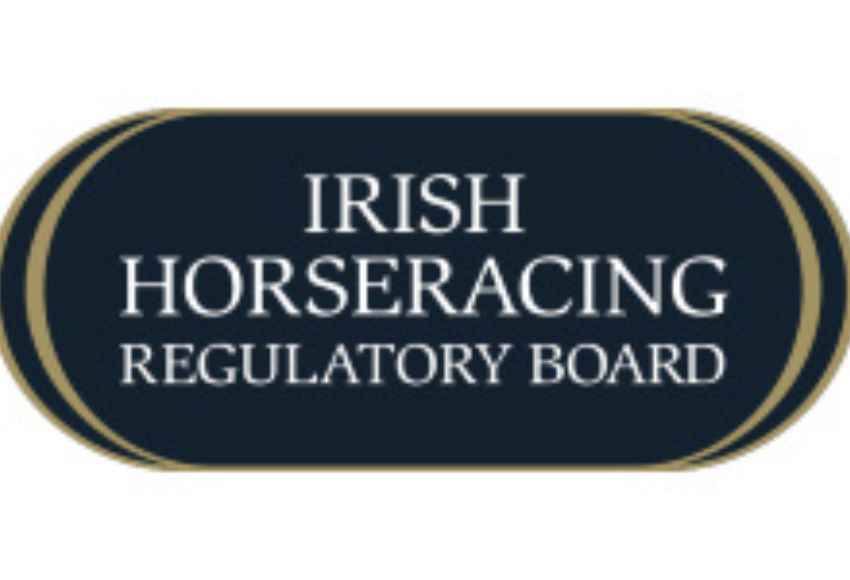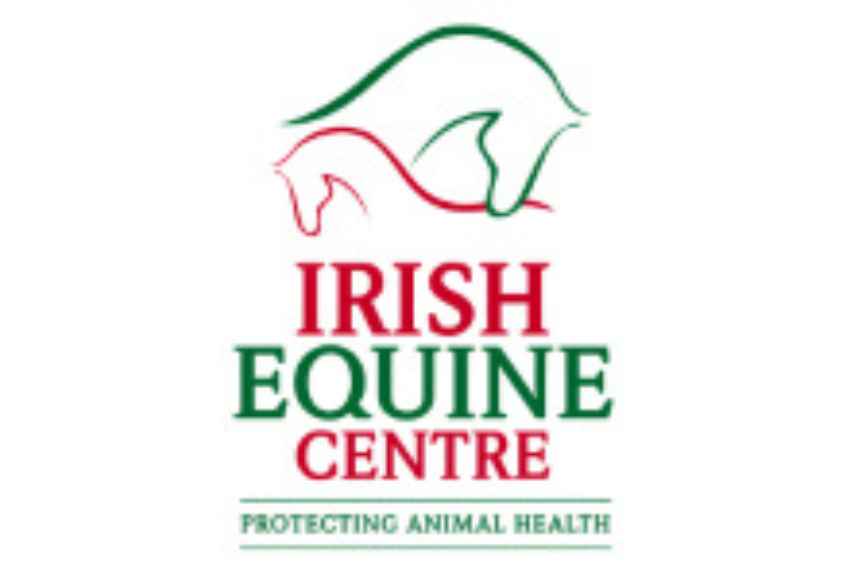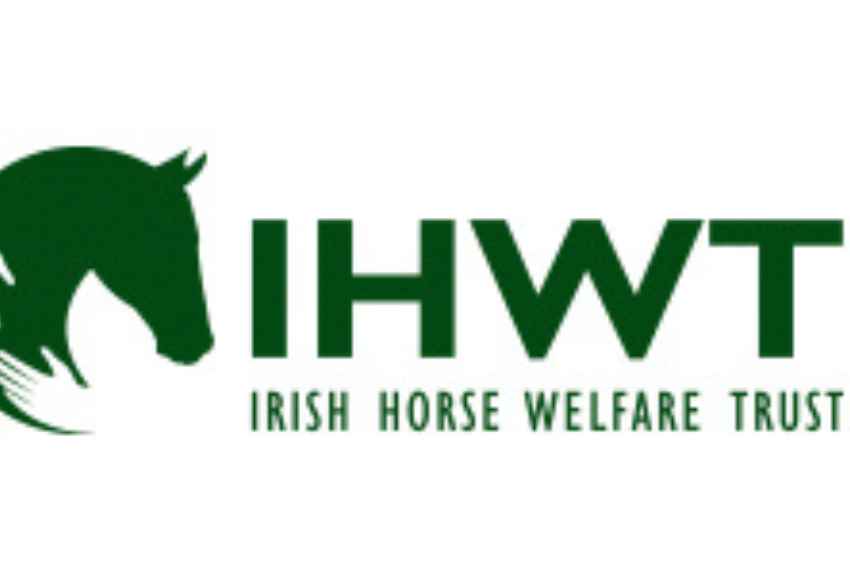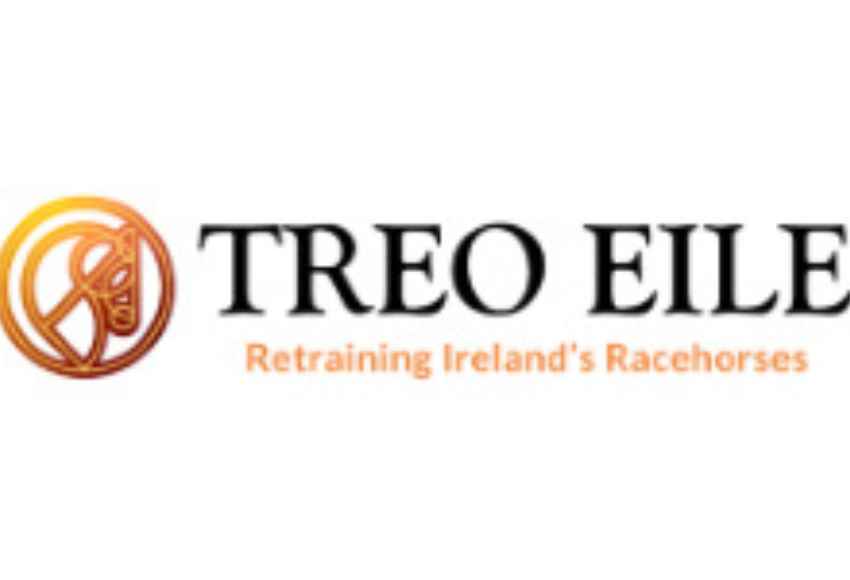Equine Welfare Department
Horse Racing Ireland (HRI) is dedicated to protecting and strengthening Ireland’s position as a global leader in horse racing and breeding, sustaining a vibrant rural industry, and ensuring the welfare of all thoroughbred horses. We believe everyone has a part to play, and we invite all industry stakeholders to support us on this journey. As part of the HRI Strategic Plan 2024-2028, HRI is committed to cultivating a culture of zero compromise in equine safety and care standards. Our efforts focus on investment across three strategic pillars - standards, traceability and safety nets.
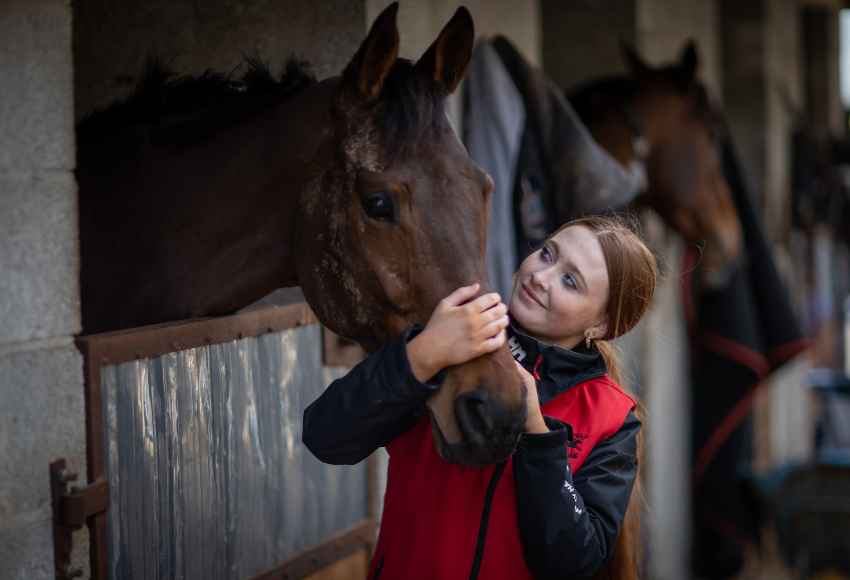
Standards
At Horse Racing Ireland, the welfare of our thoroughbred horses is at the heart of everything we do. Central to our commitment is the publication Our Industry Our Standards, developed with input from over 60 industry participants. This guide sets out the principles of equine welfare: Good Feeding, Good Housing, Good Health, and Good Wellbeing and provides a method of assessment of these. It assists owners with a decision tree for careful management of end-of-career and end-of-life.
The Irish racing industry benefits from a highly skilled workforce committed to equine welfare. We are proud to recognise and celebrate excellence in horse care through our annual Best Turned-Out League which acknowledges over 280 training yards each year for maintaining exceptional standards of equine care and presentation. This initiative reflects the skill, dedication, and pride of the workforce across Irish racing.
Education is central to HRI’s commitment, training programmes delivered through Equuip, including the Industry Induction Programme and Racecourse Safety Awareness courses, ensure all new entrants and raceday staff receive up to date education on equine safety and care.
Under the €1 million Equine Care Racecourse Capital Development Project (ECRCDP), HRI has introduced non-birch hurdles at all 23 National Hunt racecourses to reduce injury risks and align with global best practices. This initiative, delivered with the IHRB and Association of Irish Racecourses (AIR), also enhances hurdle visibility with white visual markers.
Further welfare improvements include the installation of rubberised trot-up areas at all racecourses, facilitating veterinary inspections, and plans to establish sustainable water supplies for safer racing conditions.
We continue to invest in the Irish Equine Centre (IEC), enhancing biosecurity, research, and equine health capabilities to safeguard our thoroughbred population.
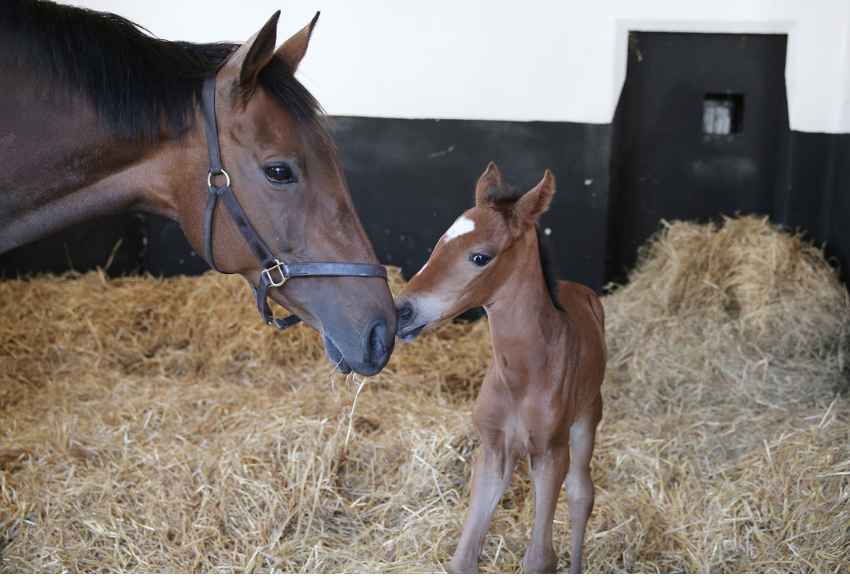
Traceability
Traceability of thoroughbred racehorses is crucial for ensuring the integrity of our industry, safeguarding horse welfare, and in turn, facilitating international trade. Innovations in identification systems have been a feature of the Irish racing and breeding industry for many years including microchipping, DNA and the digitisation of the identity in the advent of the E-Passport.
Recent measures introduced by the Department of Agriculture, Food and the Marine (DAFM) include the annual Equine Census, and identification checks on equines prior to application for export certification via the Animal Identification and Movement System (AIMs), representing improvements in equine traceability. DAFM has also launched a public consultation and are inviting any interested individuals, groups, or organisations to share their views on equine traceability in Ireland by completing an online survey. The closing date for the survey is September 8th 2025.
HRI is working closely with Weatherbys and IHRB to develop a new centralised traceability database capturing key milestones within a horse’s career and life. A key development is the recent deployment of the RÁS ‘Horses In My Care’ system which requires trainers to record all thoroughbred horses in their care, flag permanently retired horses and record their next location and retirement plans. Each of these measures is designed to minimize the gaps in traceability over the active lifetime of our horses. Greater coordination of information captured from various sources will be contained in our Welfare Traceability Database later this year, which will align with a wider all-equine database created by DAFM.
In order to safeguard the high health status of the thoroughbred, HRI is committed to working with the European and Mediterranean Horseracing Federation (EMHF), the European Federation of Thoroughbred Breeders’ Associations (EFTBA), the European Horse Network (EHN) and the European Commission. HRI will ensure that any changes to EU legislation are carefully monitored and that potential impacts on the thoroughbred industry are effectively managed.
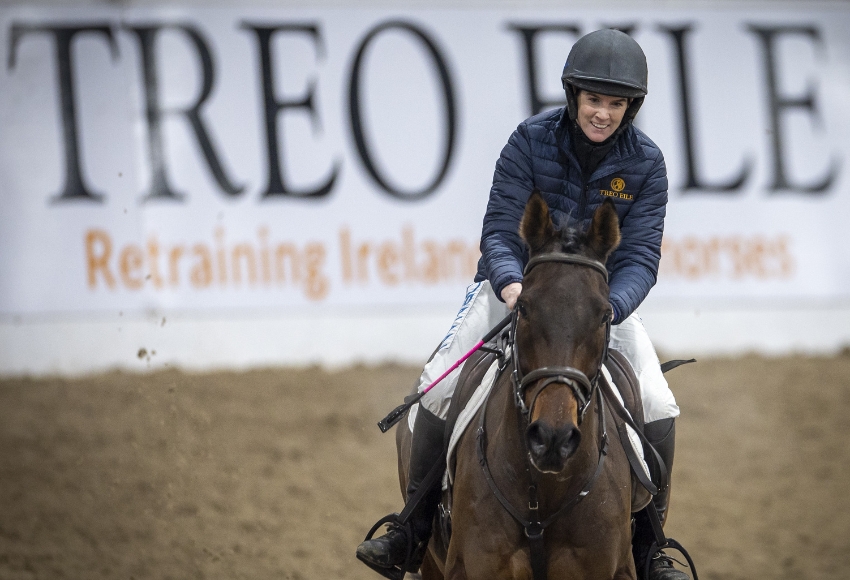.jpg)
Safety Nets
Our collaboration with Treo Eile is a key pillar in our welfare efforts, promoting the aftercare and retraining of retired racehorses. Together, we work to ensure thoroughbreds enjoy rewarding second careers beyond racing. Events like the Treo Eile Christmas Show and the RDS Racehorse to Riding Horse Competition have been instrumental in showcasing the versatility and talent of racehorses beyond their racing careers
HRI also supports the International Forum for the Aftercare of Racehorses (IFAR) and engages with the International Federation of Horseracing Authorities (IFHA) Horse Welfare Committee to promote lifetime care and welfare awareness globally.
Important Information
HRI works closely with the Irish Horseracing Regulatory Board (IHRB) to ensure the highest standards of welfare and integrity. The Rules of Racing are written and enforced by IHRB and there are reciprocal agreements with other racing jurisdictions.
In December 2019, The International Federation of Horseracing Authorities published minimum welfare standards for horses which can be found here https://www.ifhaonline.org/resources/IFHA_Minimum_Welfare_Standards.PDF
More about the work of the IHRB can be found on their website https://www.ihrb.ie/
HRI supports the Irish Equine Centre by providing it with annual financial grants. The Irish Equine Centre provides world-leading expertise in specialised facilities for the diagnosis, management, and prevention of diseases in horses and for research and education in this area. The services provided underpin the health status of the horse population and, thereby, protect Ireland's disease-free status to allow for global trade.
HRI directly supports the Irish Horse Welfare Trust (IHWT) which seeks to re-home and re-train thoroughbreds no longer active in racing. The IHWT was established to provide a dedicated centre that is equipped for dealing with the rehabilitation and re-homing of equines and has become a specialist rehabilitation center for Thoroughbred type horses.
Established in 2020, Treo Eile is a not-for-profit providing assistance to racehorse trainers and owners who wish to rehome and retrain horses once racetrack careers are complete. The Treo Eile website allows parties to connect and match horses to homes where they can retrain for new disciplines. HRI is committed to supporting Treo Eile in the development of their website and promoting the versatility of ex-racehorses.
If you suspect or are aware of the mistreatment or potential welfare issues of any equines, we encourage you to notify the relevant authorities.
IHRB (Irish Horseracing Regulatory Board): https://www.ihrb.ie/29-confidential-hotline
Confidential Hotline 1800 855 846 (Republic of Ireland) or 0800 0015 114 (Northern Ireland or Great Britain)
Department of Agriculture Animal Welfare Helpline:
Phone: 01 6072 379; Email: [email protected]
IHWT Equine Welfare Centre:
Phone: 0402 30773; Emergency Welfare Calls Only: 086 604 7840; Email: [email protected]
ISPCA National Animal Cruelty Helpline:
Phone : 0818 515 515; Email: [email protected]
DSPCA:
Phone : 01 4994 700; Email: [email protected]
An Garda Síochána:
